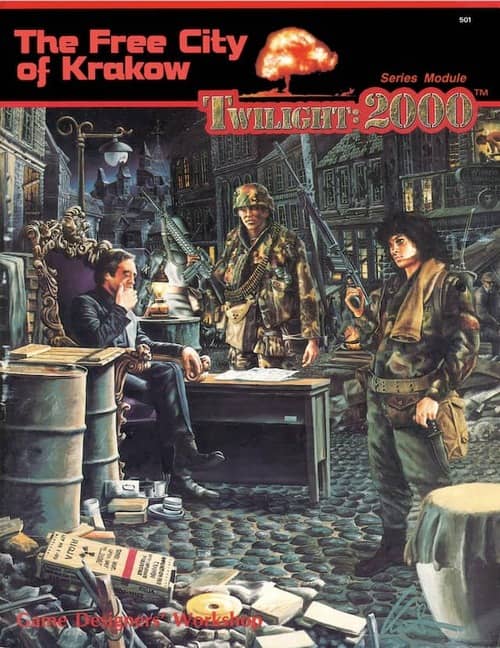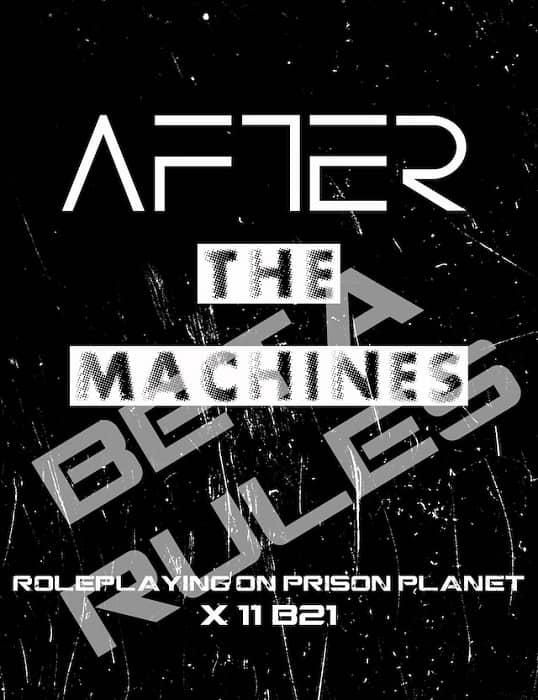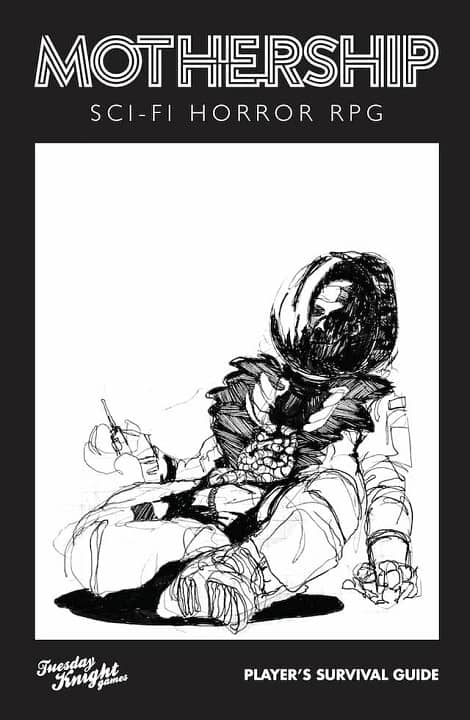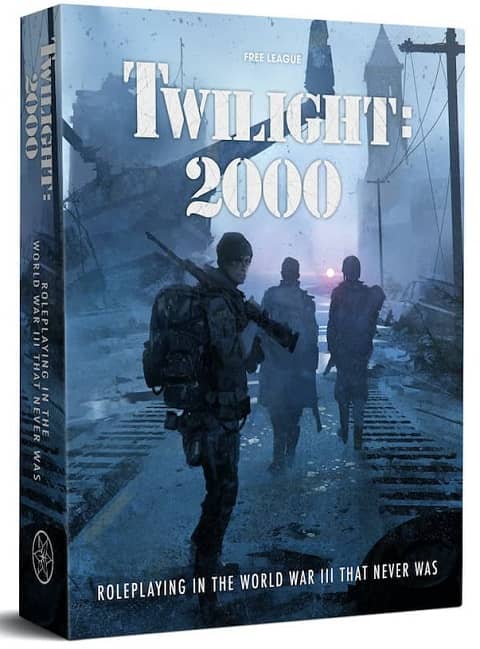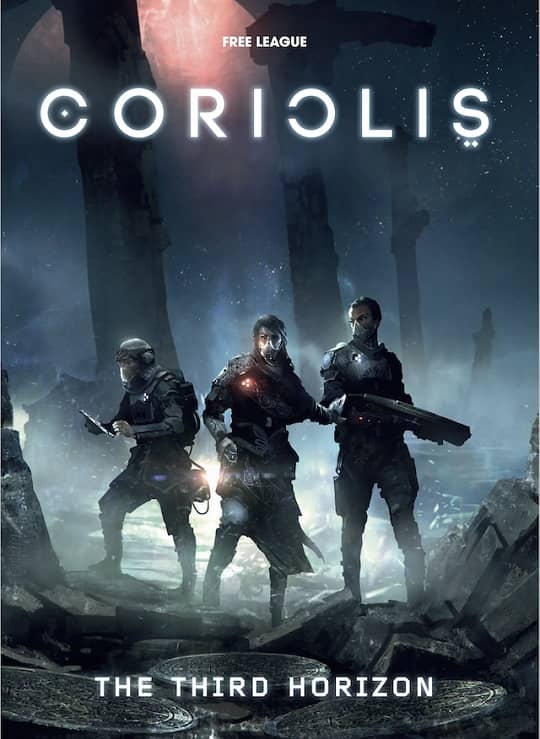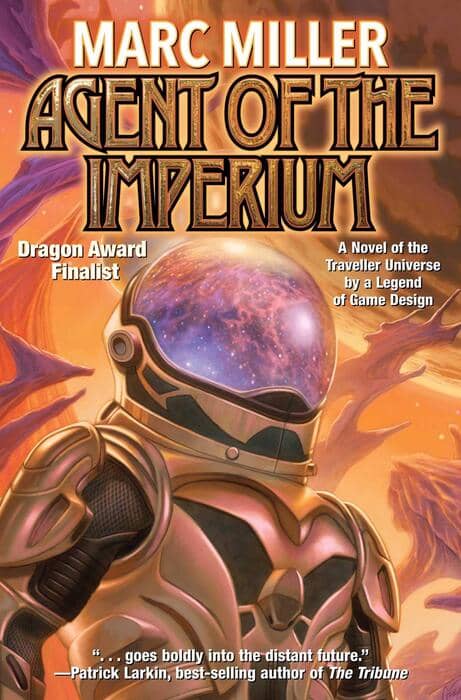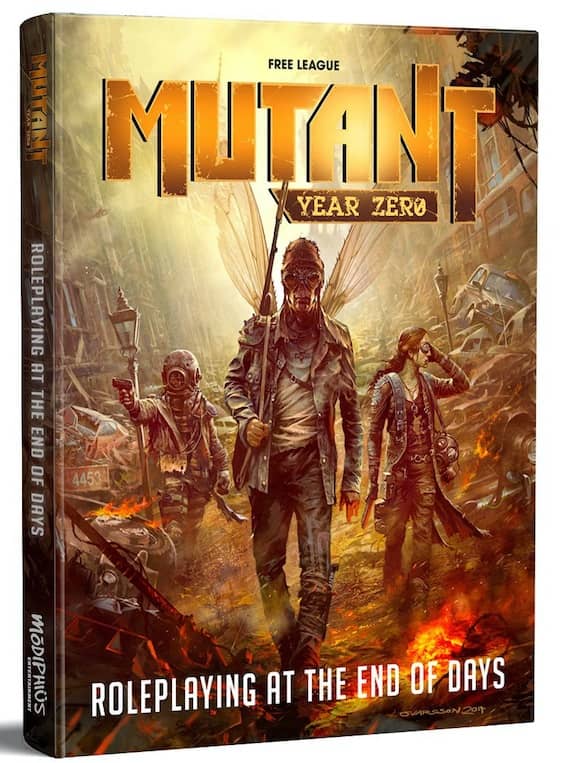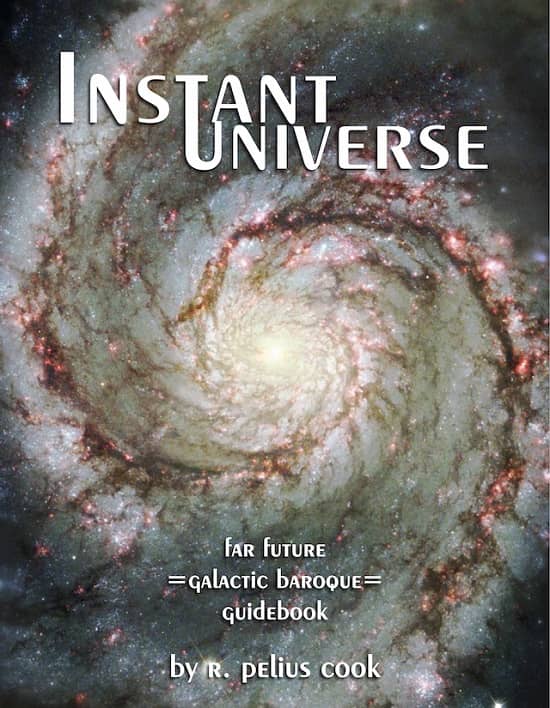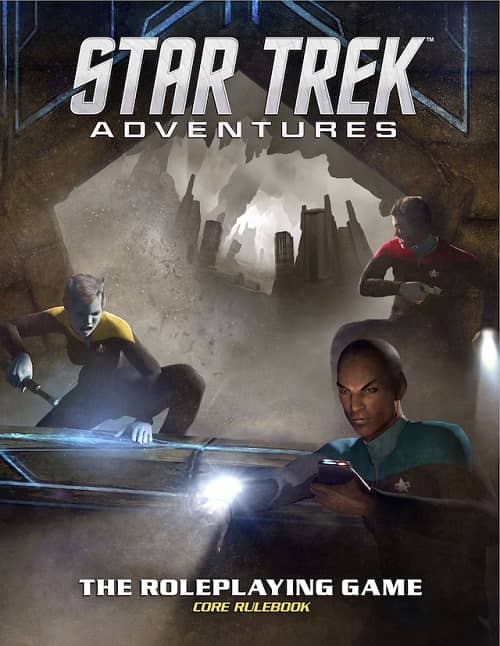Twilight: 2000‘s Polish Campaign, Part I
Twilight: 2000 takes place in the aftermath of a limited tactical nuclear war during World War III. While the inciting event is over (the use of nuclear weapons), the world is still very much in collapse, so the players are engaged in a game of survival. They are what is left of the US 5th Mechanized Infantry Division, crushed by two Soviet divisions in Poland in the spring of 2000.
The game is one of the few true sandbox games that I have ever encountered. While my Traveller games often had sandbox elements, they were still typically guided by a grand narrative. Twilight: 2000 forgoes even that, for the most part. Casting the players in the roll of trying to make their way in the world. The operating presumption is that they want to return home — aka, the United States.
